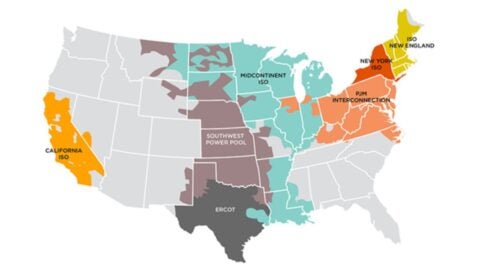The Government Will Own the Atmosphere
Claim:
“A key element in President Obama’s economic agenda is legislating limits on carbon dioxide emissions to combat the supposed threat of global warming. What have been given far less attention are the costs that will be imposed on the American people from implementing this policy – costs that potentially can be very high.
“In his outlined budget for the government’s next fiscal year, the president has proposed a cap and trade policy that is claimed will reduce carbon emissions by 14 percent from their 2005 levels by 2020, and by 83 percent by 2050.
“Under a cap and trade system, the government would assert ownership of the atmosphere over the United States and set a maximum number of permits that it would sell to private companies for the right to discharge carbon dioxide into the air…”
— Richard M. Ebeling, American Institute for Economic Research, March 25, 2009.
Truth:
One gets the sense that Mr. Ebeling has seen The Manchurian Candidate too many times on AMC. The government will control your atmosphere, then how much air you can breathe, then, ooh, everything about your lives. Run for the hills.
Saying that under a carbon cap program the government will own the atmosphere is like saying that laws requiring seat belts means the government owns all our cars. It’s nonsense.
Mr. Ebeling also tipped his hand a bit in his first paragraph when he referred to the “supposed threat of global warming” — might want to check that phrasing with the National Acedemies of Science of the U.S., U.K., China, India, Japan, Russia, France, Italy and others who’ve all urged prompt governmental action to deal with the REAL threat of global warming.
It is also flat wrong to claim that the costs of global warming action haven’t been studied. It seems that there has been an economic study published every week — some good, some atrocious — examining the proposal to cap America’s global warming pollution.
Here’s what we know about the costs of global warming action:
- It is projected to be a tiny fraction of America’s overall GDP growth over the next few decades;
- The cost of inaction is much higher; and
- The longer we delay action, the more costly it will be to solve this crisis.
It’s time for Congress to act.












